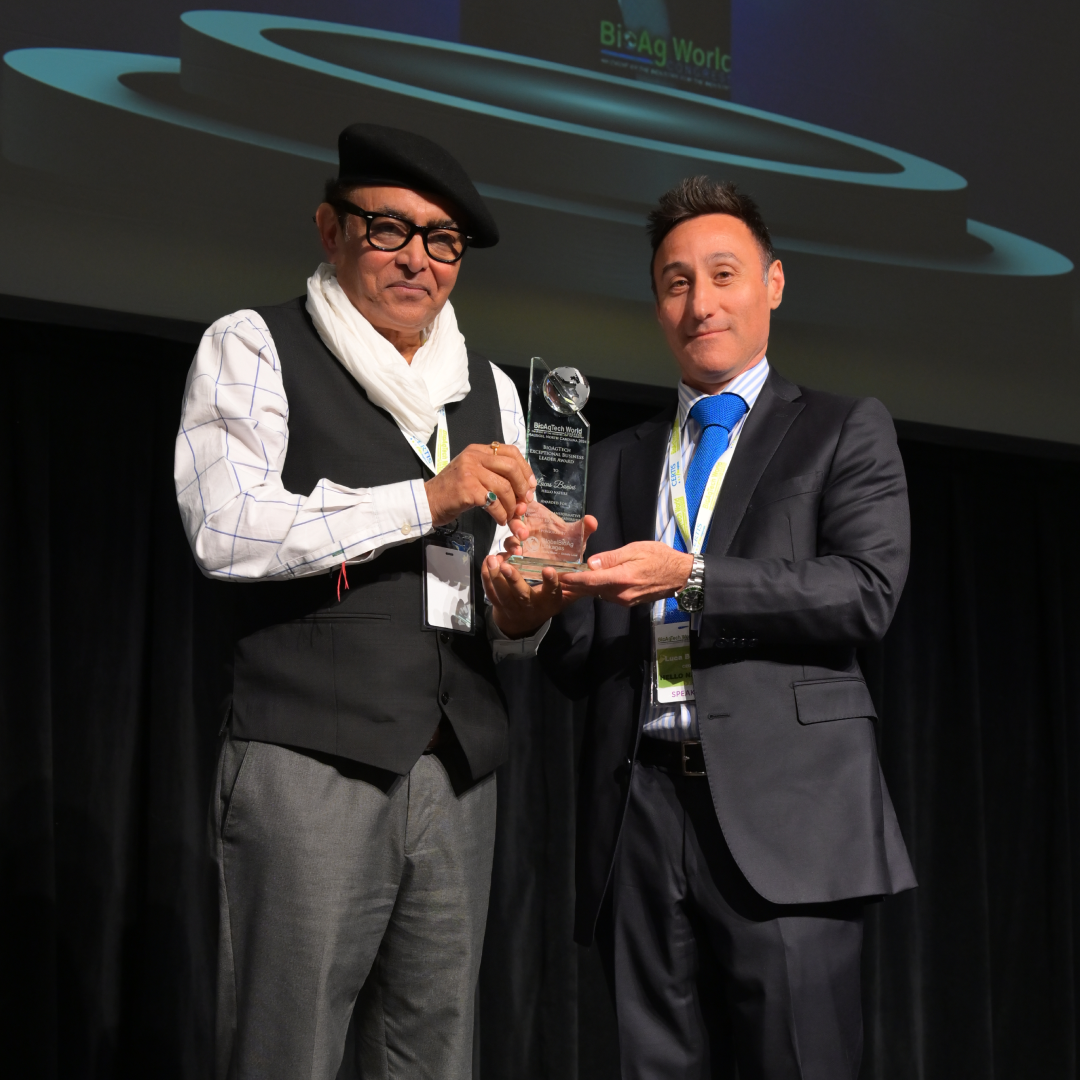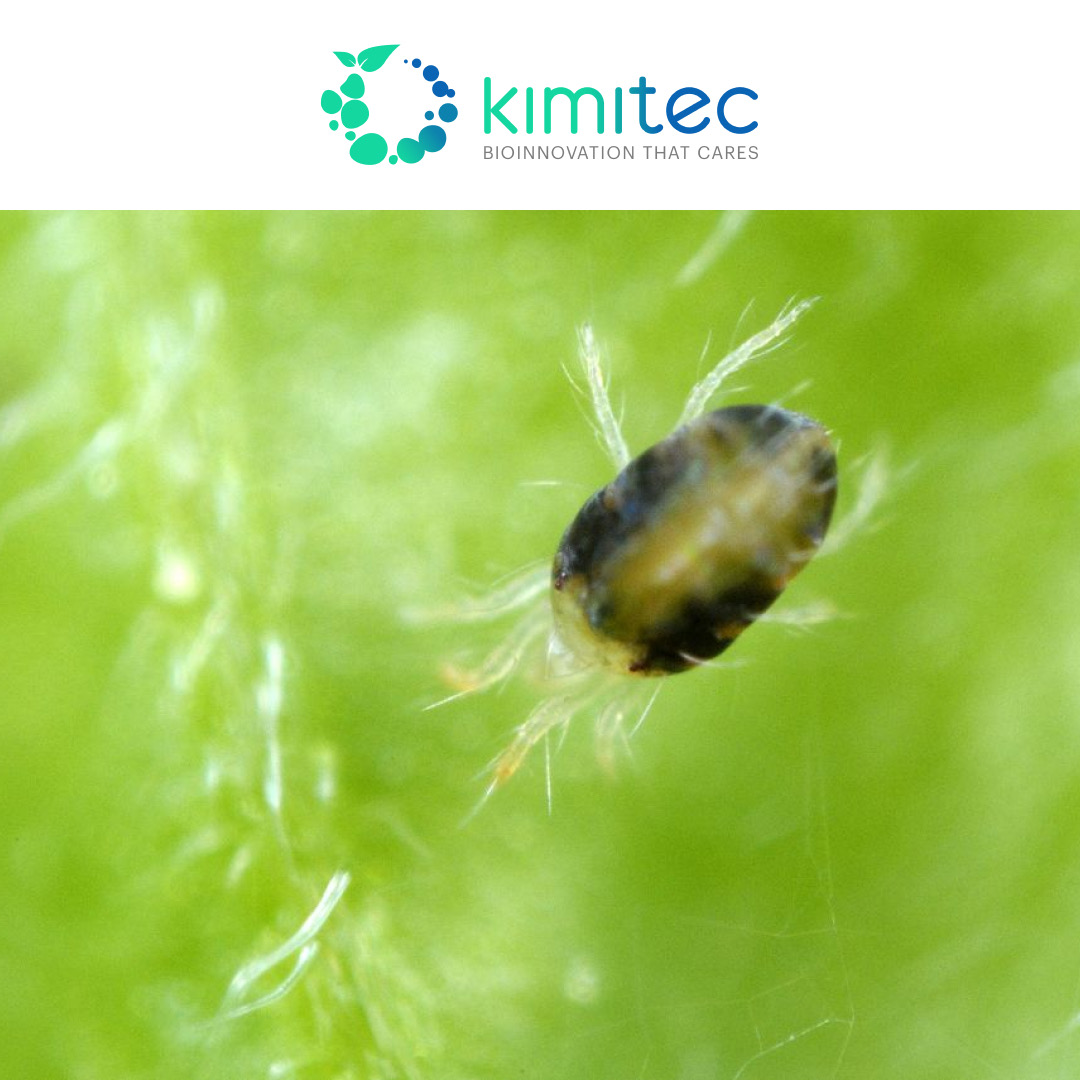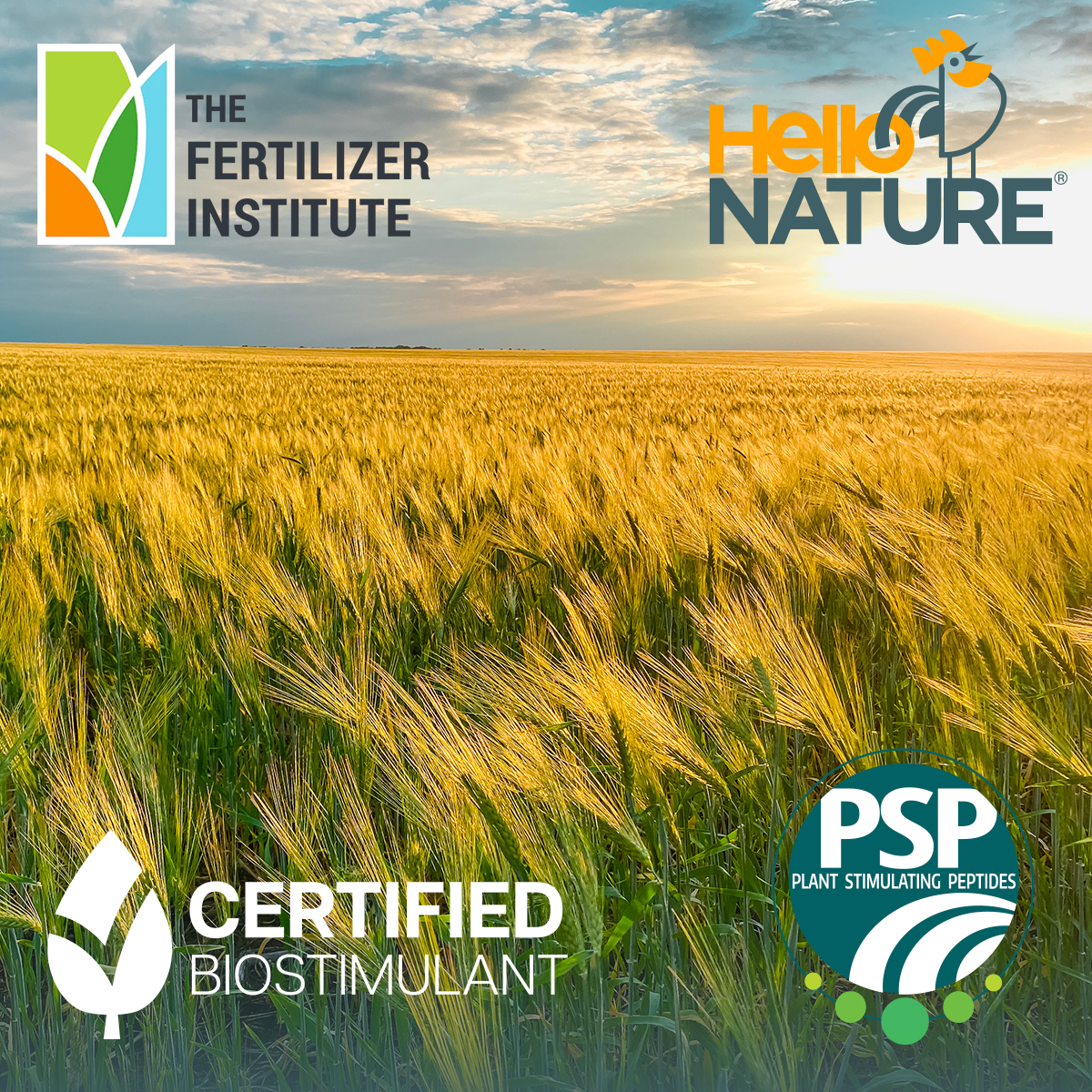
Veronica Cirino, CEO Atens®, Spain
Q1. Tells us about your career path. How was your transition into agriculture?
I was born in a small city in Brazil, surrounded by flourishing farming, especially extensive crops, fruits, and vegetables. My parents were the owners of a restaurant renowned for its culinary proposal based on seasonal and high-quality products. One of its secrets was how its chef, my mother, selected her providers. I remember how she looked for the best ingredients, carefully choosing the producers that offered local ingredients farmed sustainably. With these values, I went to study biology at the university in Milan. During my formative years, I worked in a company of cosmetics products of natural origin. Throughout these years, I learned a lot about the importance of professional technical training to get the most out of the products and to assist the customer. When in 2008 I was offered the opportunity to join a producer of microorganisms for agriculture in Spain, I didn’t hesitate a second. The company, which is now Atens, was having a difficult time but had an invaluable asset: a pioneer vision for sustainable agriculture. I decided then to transform this huge potential into reality, laying the foundations for production and commercial system for the most generous fungi on the planet: mycorrhizae. A microorganism is able to benefit the plant to a much greater extent than the resources it requires. Benefits are transferred to the soil, to the plant, and lastly to the people who feed from its fruits.
Q2. If you had to explain to a younger woman, how you succeeded in your career, what would you tell this person?
It isn’t easy to stay motivated day after day, but be persistent and try again, with more strength and determination, surpassing yourself. To address challenges, get the best of each experience and learn from your mistakes, as well as everything that is happening around you. Continue to train and learn each day, keep updated and let yourself be advised by trustful people. No one can gain knowledge on absolutely everything, what is important is being supported by skilled and talented people, and together succeeding in your goals.
Q3. What give you the confidence to go forward and motivates you to be a woman leader in bio-agriculture?
Leading a company in a predominantly male sector such as agriculture is not simple. Throughout my career, I have experienced this discrimination that often still pushes women to deal with prejudices and to redouble efforts to gain legitimacy. Sometimes I have met clients or providers who requested a male interlocutor, even though they knew perfectly I was managing the company. I have had to earn not just trust, but respect, based on perseverance, rigor, and professionalism. But the fact is that the situation is evolving. The role of women in the rural world, as owners, employees, or assisting spouses, has always been fundamental, although invisible. Nowadays the joint work of strategic stakeholders from the public and private sectors, such as institutions, associations, and media like yours, is contributing not only to give them visibility but also to value and empower this paramount collective for agricultural development. There are increasing numbers of women responsible for agricultural holdings and taking up positions of leadership in agribusinesses, and I feel proud to work together with these inspiring and influential women. Their entrepreneurial spirit and participation at decision-making levels, turn them undoubtedly into agents of change, essentials in the transforming agri-food sector. To address these daily contingencies, but also global issues such as the increase of the world’s population, the scarcity of resources, and climate change, we can’t leave anyone behind. Fostering gender equality is not only a social need rather a key factor in terms of competitiveness and sustainability. Supporting women, beyond generating diversity, is promoting generational renewal, optimizing available talent, and contributing to more sustainable agriculture. In these challenging times, we all have a role to play to reach further, quicker, and better.
Q4. Agriculture is a very dynamic industry and has been revolutionized by innovations. What is going to be the next big leap in the agriculture industry?
How we cultivate the land is changing and continues to evolve. I strongly believe that microorganisms and new generation analytical services will be the main protagonists of the transition to sustainable agriculture. The first one is a 100% sustainable, zero waste, and ecological way to optimize soil management. Microorganisms improve productivity, while drastically reducing the use of traditional fertilizers and chemical pesticides, improving access to and absorption of soil nutrients and water, in a context of resources shortage like phosphorus, potassium, and salinity (Na) or pH conditions which block reserves of nutrients. They also improve the organoleptic quality of food, as well as the nutraceutical and nutritional value. Finally, they mitigate resource scarcity and climate change: they promote soil biodiversity, reduce greenhouse gas emissions, and avoid polluting the aquifers. By combining bacteria and beneficial fungi with analytical services such as those from NGALab, based on a multiomic platform for the study of soil microorganisms, their diversity, and how they affect agrosystems, the agricultural sector can move towards a sustainable performance in the years to come.
Q5. What are your future goals for Atens and sustainable agriculture? How do you want to get there?
As a biotech company pioneer and worldwide reference in microorganisms, Atens powers the transition to sustainable agriculture. We investigate, produce, and commercialize innovative microbiological solutions in nutrition, biostimulation, and plant protection. Based on 100% natural active substances, our biosolutions are the result of a major investment in research and development. We acquire high-resolution mass spectrometers to identify the changes in the plants’ cellular metabolism following the application of new formulas and analyze the content of flavonoids, carotenes, and polyphenols, molecules with proven therapeutic power on humans. With more than 20 international patents, we are relentless in our pursuit of new solutions designed not only to adapt to the different realities in the field worldwide but also to anticipate them. We address from innovation the triple challenge of benefiting the farmers, the consumers, and the planet. Producing more, better, and healthier food is what drives us.

Dr. Renuka Karandikar, CEO Bioprime, India
First-generation entrepreneur, having a doctorate in plant biotechnology and post-doctorate in genetic engineering with 17 years of research experience, patents, and technology transfer. As CEO, she focuses on developing sustainable strategies for achieving the long-term goals of the company by developing key partnerships and collaborations for rapid penetration in the market. Renuka is also In charge of finance and fund-raising focusing on building profitability with long-term growth. She also manages the company’s IP strategies. Renuka grew up watching her grandmother take charge and manage their fields- this forms the motivation behind Bioprime and their moto of bringing back “Pride and Profits” to the farmers
Q1. You are a first-generation entrepreneur. You mentioned that your grandmother inspired you. We would like to know more about how she/what about her motivated you to start your own business?
My grandmother lived in a small rural hamlet in Solapur. She was very well-read and very outspoken. My grandfather suffered from severe arthritis which made it difficult for him to move about and thus incapable of looking after our fields. Not the one to be put down by these difficult circumstances, she took the bold decision of managing all the farms herself. She would make decisions on which crop to take, over how much land, which seeds to buy, what fertilizers to put and when, manage the labor on the field, etc. She started selling cow/ buffalo milk in the village and soon employed people to door deliver the milk in the village. Initially, the whole village made fun of this but as she turned profits year after year they came to seek her advice. As a young child, I would accompany her to the fields daily and saw these transitions firsthand. I grew up seeing her day-to-day struggle and that left a deep impression on me. She was women empowerment personified, at a time before this was even a buzzword. My love for agriculture comes from my time spent with my grandmother.
Q2. What were the challenges you faced in establishing your business? Was there a time when you felt things were easier for your male counterpart?
Agriculture biotechnology is still at a very nascent stage in India. It has not received much attention, though as a country we have one of the lowest productivity in the world. Climate change further threatens to deprive our small and marginal farmers of assured yields. Agriculture innovation in the country is very very small and has a huge potential for transformation. There are no successful Ag biotech startups in the country and typically biotechnology still does not fair high on the venture capitalist list. We also faced a severe lack of talent and found it extremely difficult to hire for deep technology-based experience. There is a huge disconnect between what the agriculture curriculum teaches and what is required for innovating in the agriculture biotech space.
As a women entrepreneur in agriculture, I have often found myself as the only woman in the room! Agriculture is a very male-dominated sector. Across the value chain, we find male dominance- from business owners, scientists, in the distribution chain, or farmers. I have come across circumstances where people do not even realize that a woman could be leading a core tech startup in agriculture. However, perspectives are changing rapidly, once people realize that a woman is leading this, they are actually very supportive.
Q3. With passing time, more and more women are entering the agriculture industry. What would you advise them to have a fruitful career in the industry?
Undoubtedly, agriculture transformation will be led by technology innovation. India is witnessing a historic agri transformation and this is an opportune time to be a part of this change. Women can play a huge part in bringing technology-based disruption. Retail and distribution, market linkages, residue-free agri produce, export of fruits and vegetables, food processing, alternative proteins, pro and prebiotics, genetic improvement of seeds, and agri inputs will witness an overhaul.
Q4. You wear different hats at Bioprime. Which role do you enjoy most and which one do you find most challenging?
As startup founders, we end up doing anything and everything that needs to be done. At Bioprime, my primary role is strategy and growth, key partnerships, and fundraising. I do not have formal business training and come from an academic background and hence found all of these very challenging. I read a lot of books, spoke with a lot of founders and experts, and continue to do so to be able to lead effectively. I thoroughly enjoy strategy and planning that determines our long-term objectives and how the company will grow in the next few years. I find finance most challenging and thus fundraising especially difficult. For this, I went out of my way to educate myself on the technical aspects of finance, funding, and company structure.
Q5. What are your future aspirations professionally and personally? Where do you see Bioprime in the next decade?
Bioprime was founded with the vision of bringing back “Pride and Profit” to the farmers. We develop biologicals with newer and safer chemistries to make crops resilient against changing climatic conditions, diseases and pests using targeted physiology modulating molecules or microbes.
We are building two high throughput screening platforms with a multi-disciplinary approach integrating basic physiology, biochemistry with omics, and computer-based image analysis.
SNIPR (Smart Nanomolecules Induced Physiology Response) for biomolecule discovery and Bionexus for plant trait modifying microbe discovery. We aim to build India’s largest plant-associated microbe library with microbes from all 15 agroclimatic zones and all ecotypes. Our Scientists have studied the past 35 years’ crop, soil, and climate data and zeroed in on 88 locations for microbe collection. In the next decade, we aim to be one of the go-to biotech R&D centers globally for the development of the next generation of biologicals.
Q6. You must be aware of BioAg World Congress, by GBAL. BAW Congress in the true sense is an event for the industry and by the industry. The next congress will be in Rio de Janeiro, Brazil in 2023. Will we see you in Rio?
We will be presenting our work and scientific findings on plant signaling molecule-based biologicals at the BioAg world congress in Rio. We look forward to meeting everyone at the conference and inviting them to have a look at our first generation of biologicals that are in the early commercialization phase. We are very excited about this!





